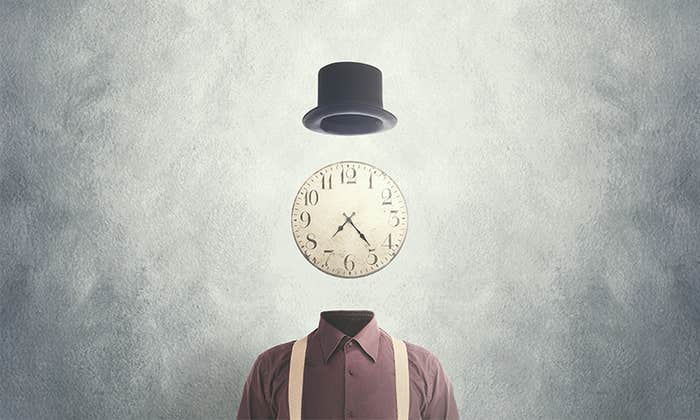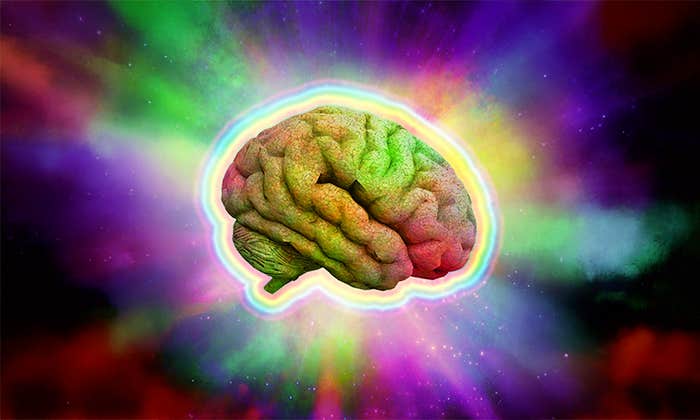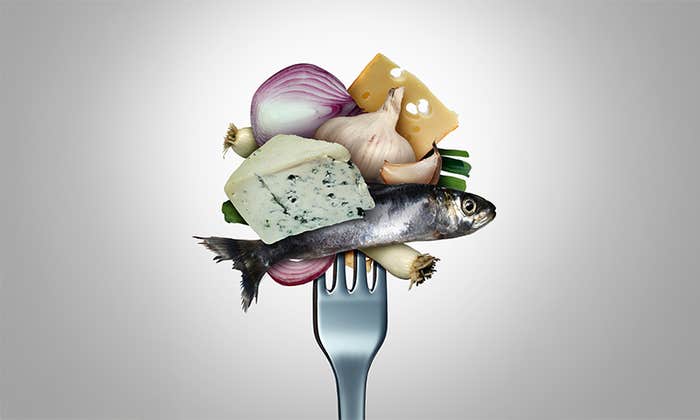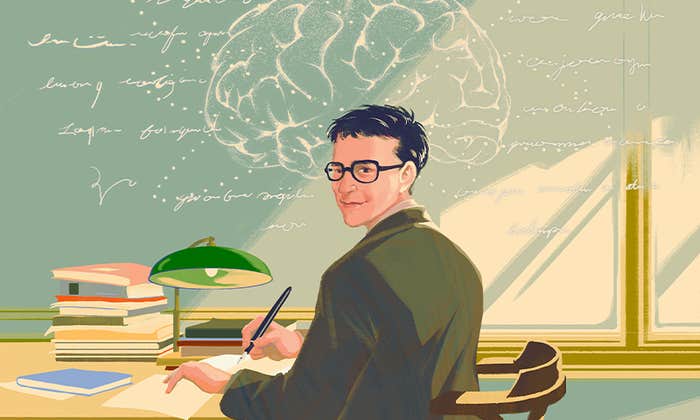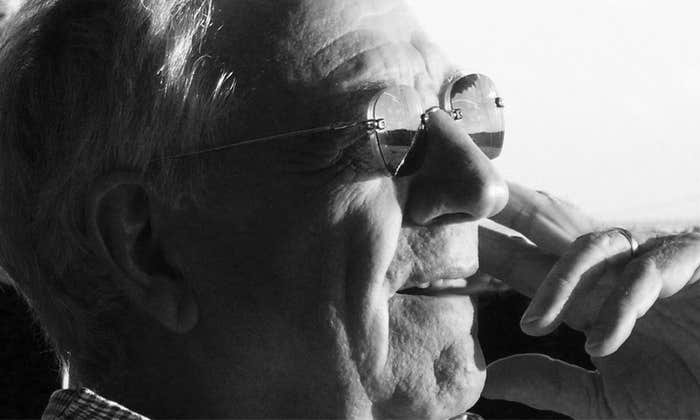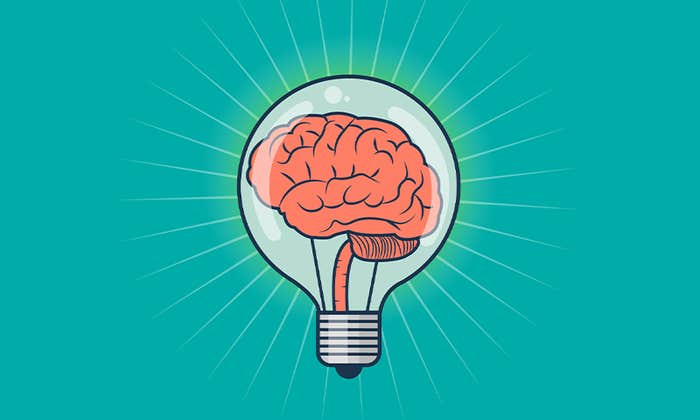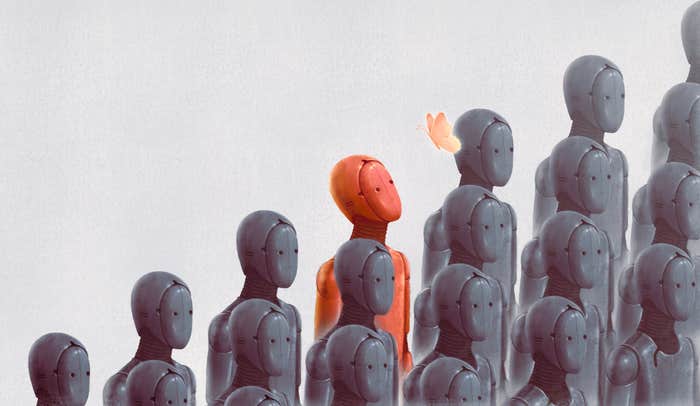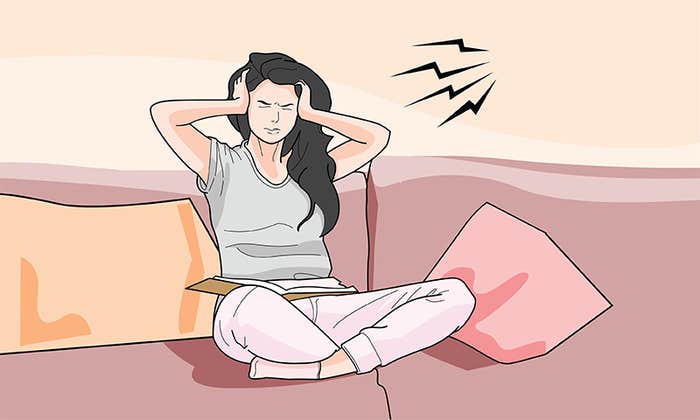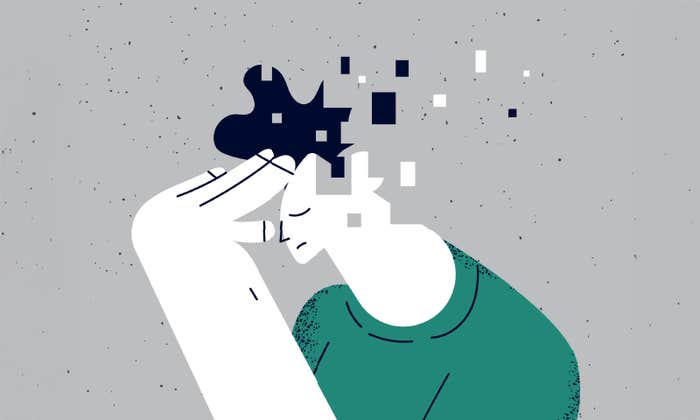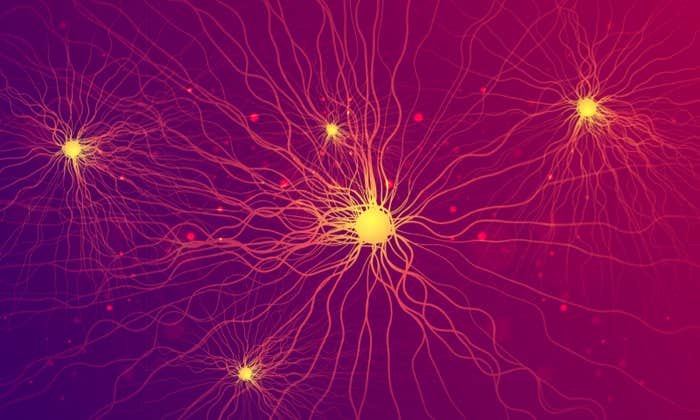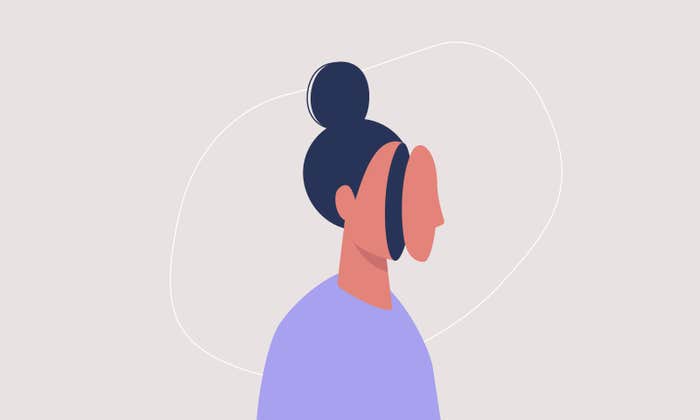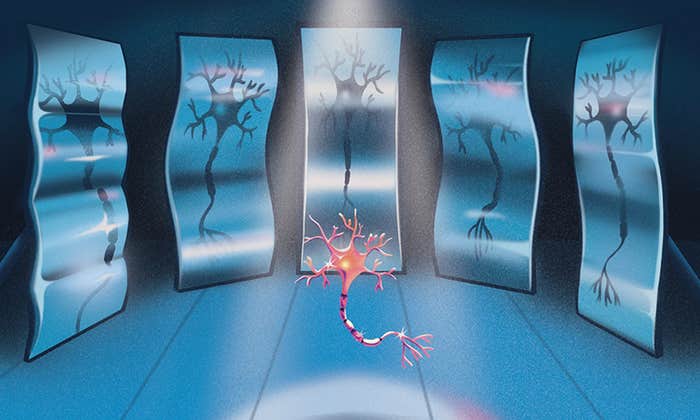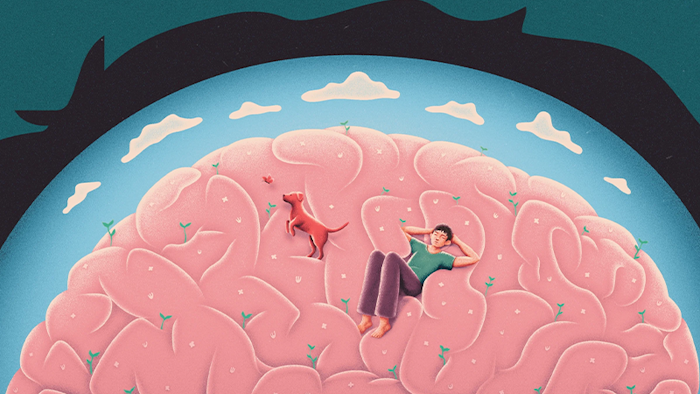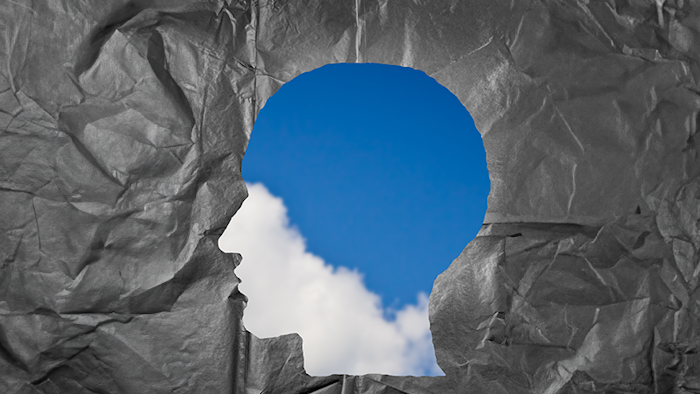Neuroscience
229 articles-
Does Anybody Really Know What Time Is?
Yes, your brain does. It created it. -
Is It Cake? How Our Brain Deciphers Materials
Neuroscientists are discovering how this basic ability, essential to our survival, works -
The Science of Tripping Comes to Town
The many challenges of studying psychedelics -
Dude, You Stink
But why? -
Finding Peter Putnam
The forgotten janitor who discovered the logic of the mind -
My Visit with My Dead Father’s Brain
What I discovered about my dad and myself at the lab where his brain resides -
Inside the Big Bet on Consciousness
The real winner in the battle between two leading theories of consciousness was science itself -
Why Our Brains Crave Ideology
A neuroscientist reveals how to nurture authentic and flexible thinking -
The Hallucinatory Thoughts of the Dying Mind
Delirium exposes the gap between the ideal and the reality -
When Other People’s Chewing Causes You Pain
Social relationships might shape a neurological disorder
-
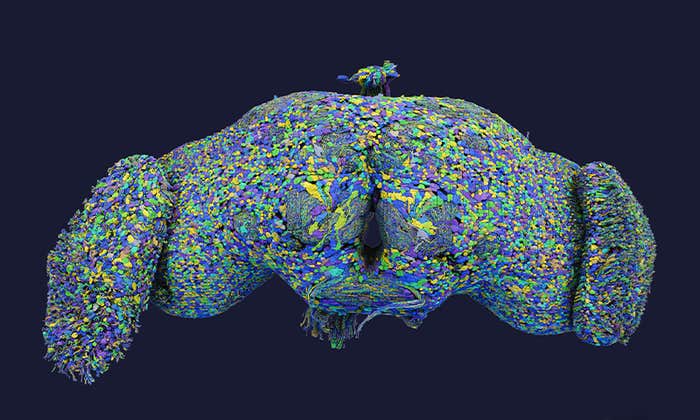
The Most Detailed Brain Map Ever
Scientists have created a magnificent portrait of every connection among neurons in a fruit fly’s brain.
-
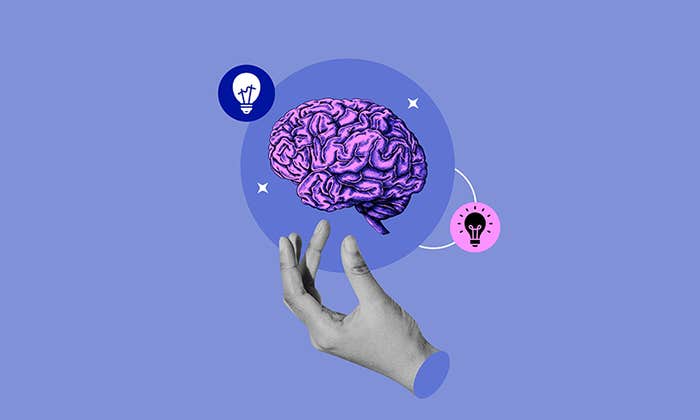
Our Memories Are Stored in Triplicate
Parallel copies allow recollections to be both stable and adaptable.
-

Helen Fisher Knew Love
She showed us the biology behind the rhyme and reason of our most intense feelings.
-
Your Memories Are Like Paintings
Understanding that memories are interpretations can transform you. -
Big Brother of the Brain Is Here
A behavioral neurologist spells out the danger. -
A Closer Look at the Science of Mirror Neurons
The brain cells once alleged to explain empathy, autism, and theory of mind are being refined and redefined. -
What Your Brain Is Doing When You’re Not Doing Anything
On autopilot, the mind reveals new connections. -
People Who Can’t Picture Sound in Their Minds
For some, the brain is a quiet place.















